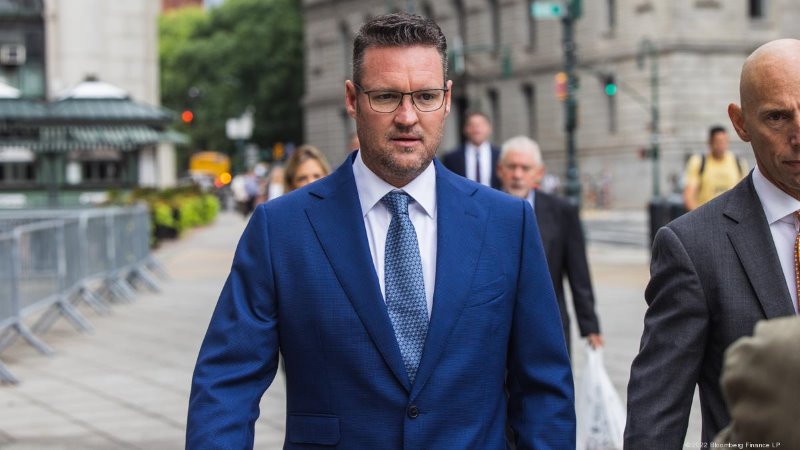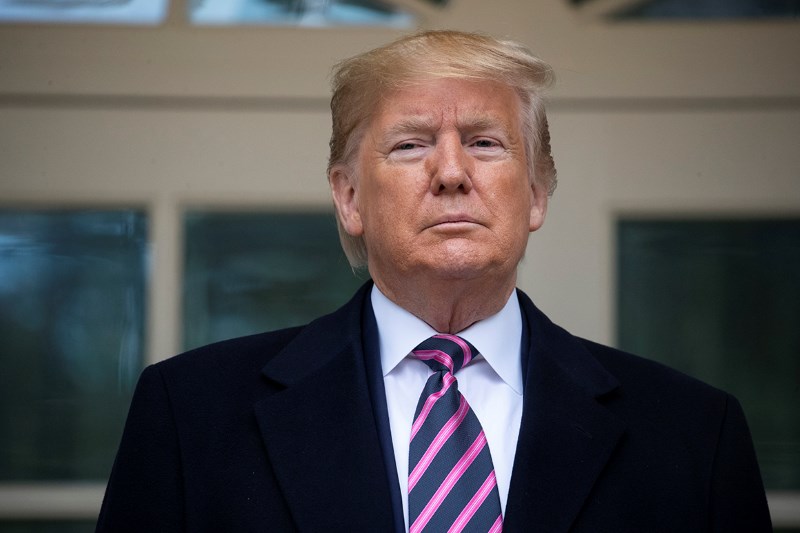The global community is closely monitoring President Donald Trump’s tariff strategy economic, set for launch on April 2. Known as “Liberation Day,” this new round of tariffs could significantly impact U.S. trade relations. However, the specifics of these tariffs remain unclear as the proposed approach evolves.
Changes to the Tariff Plan
Initially, Trump’s strategy was to impose tariffs based on the trade barriers other nations place on U.S. goods. However, the president has indicated that the new plan could be more lenient in some cases. “It will be more forgiving,” he said in a recent statement, hinting that exemptions might be granted to certain trading partners, and additional levies could be imposed on specific products.
Economic Strain from Tariffs
Trump’s aggressive tariff policy, which already includes duties on steel, aluminum, and goods from Mexico, Canada, and China, is expected to create short-term economic difficulties. A recent survey of economists showed a downgrade in U.S. growth projections, with inflation expectations climbing to 2.8%. Consumer confidence also dropped to a two-year low, and stock markets saw notable declines. Economic experts are concerned that more tariffs could exacerbate the damage.
Repercussions on the Political Landscape
Trump’s tariff strategy is also having political consequences. Some of his most loyal supporters are beginning to question his administration’s approach, especially following the controversy over a strike on Houthi targets in Yemen. The leak of information about this strike, shared via the Signal app, led to a split between Trump and some Republican lawmakers, highlighting the growing tensions within the party.

Trump Grants Pardon to Nikola Founder Trevor Milton
President Donald Trump granted a pardon to Trevor Milton, founder of Nikola, who had been convicted of securities and wire fraud in 2022…
International Relations and Legal Challenges
Trump’s international relations are also under strain. He has scheduled a meeting with Canadian Prime Minister Mark Carney to discuss the growing tariff dispute. Additionally, legal challenges continue to mount, with law firms suing over Trump’s executive orders. Meanwhile, the president’s legal team is pushing for more control over immigration, requesting the Supreme Court allow the deportation of Venezuelan gang members without hearings.
Cultural and Defense Policy Shifts
On the domestic front, Trump has taken steps to reshape U.S. cultural institutions, directing the Smithsonian Institution to remove what he deems “improper ideology” from its programs. Meanwhile, his defense strategy includes sending more advanced military capabilities to the Philippines to counter Chinese threats.
Economic Challenges and Consumer Impact
Trump’s policies directly impact consumers, with weaker-than-expected consumer spending in February and rising inflation. Experts warn that additional tariffs will worsen the situation. They predict further strain on the U.S. economy, causing more uncertainty ahead. The economy faces increasing challenges in the coming months due to these factors.
Diplomatic Engagements and Global Strategy
Trump is also planning a diplomatic visit with El Salvador’s President Nayib Bukele after an agreement to imprison hundreds of deported Venezuelan gang members. Furthermore, Vice President JD Vance’s visit to Greenland signals ongoing U.S. interest in the Arctic region, with Trump reiterating his aspiration for the U.S. to control the island.
Media Coverage and Economic Insight
Experts discuss the economic impact of the tariff strategy, inflation reports, and broader global effects in today’s program. Joseph Lavorgna, chief U.S. economist at SMBC Nikko Securities, analyzes the inflation situation. Rufus Gifford, former U.S. ambassador to Denmark, shares his thoughts on Trump’s Greenland aspirations. The program highlights key insights on global economic trends and U.S. foreign policy.


